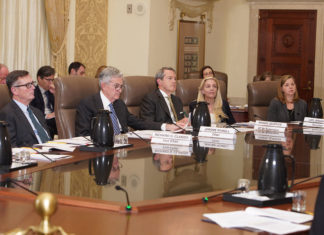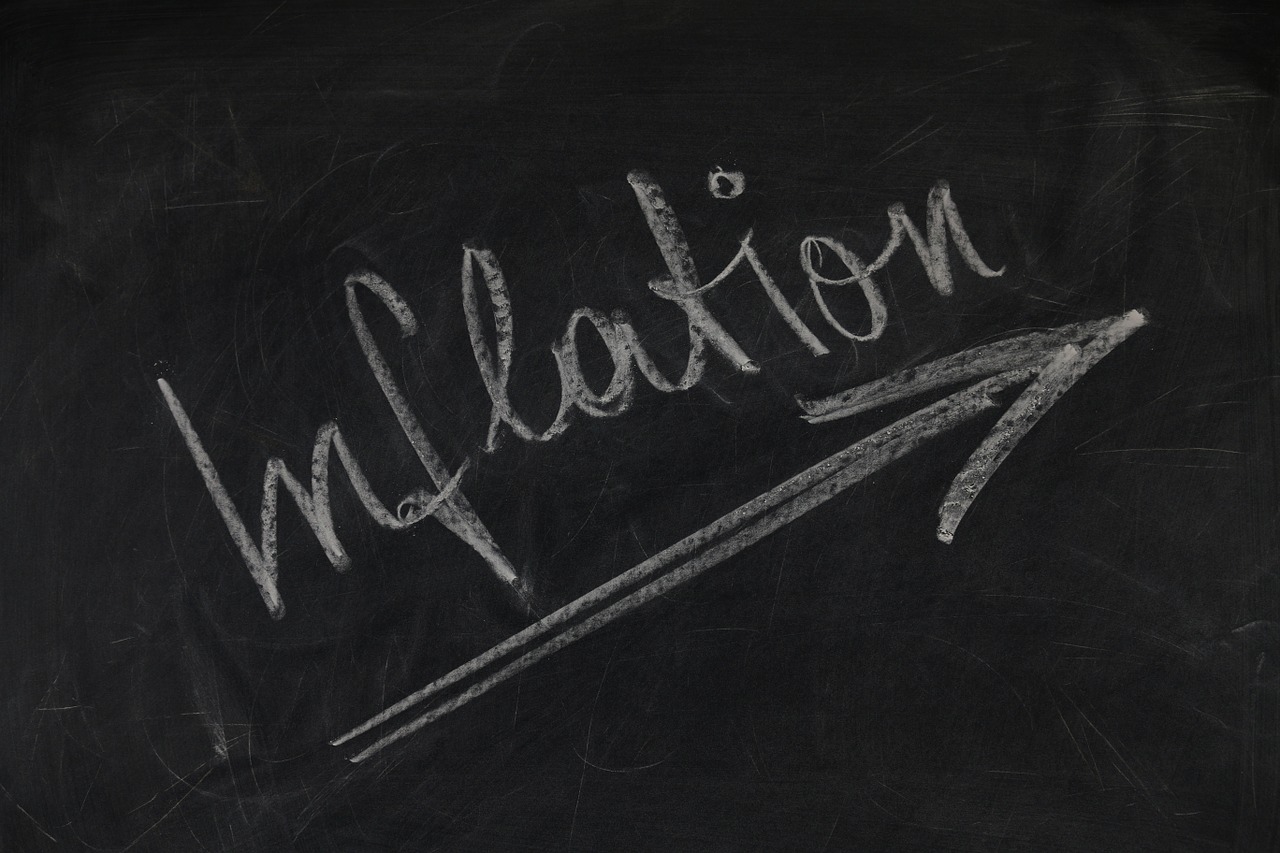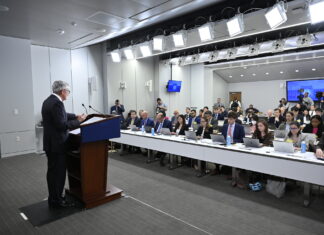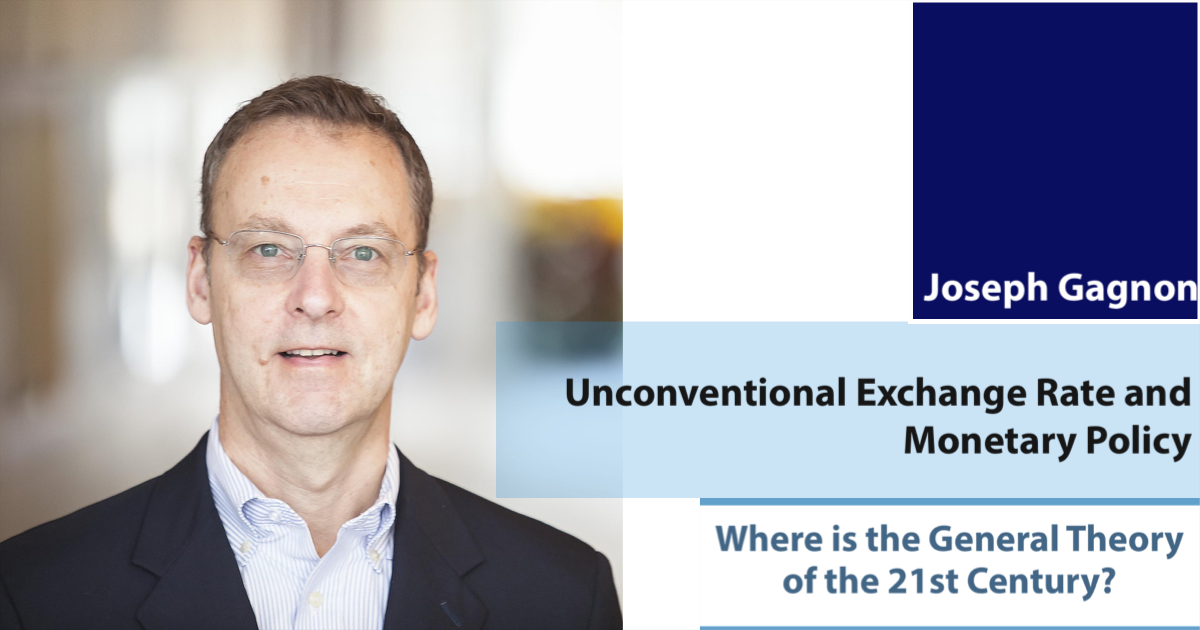Why Yellen should have stayed as Fed Governor? | Interview with Conti-Brown
Peter Conti-Brown, author of one of the best book about the institution of Fed, "The Power and Independence of the Federal Reserve", explains what Jay Powell's nomination means to the Fed independence and why Janet Yellen should have stay as governor after his Chair term ended.
The Non‐Bank Credit Cycle
In a new working paper "The Non‐Bank Credit Cycle", researchers Esti Kemp, René van Stralen, Alexandros Vardoulakis, and Peter Wierts tried to look into the cyclical properties of non‐bank credit and its relevance for financial stability.
Hong Kong dollar amid ‘Asian Financial Crisis in reverse’ — basic explainer
An explainer on how Hong Kong Linked Exchange Rate System works, what Aggregate Balance is, and how interest rate arbitrage help maintains Linked Exchange Rate System.
Why the Fed announces “not-QE” Treasuries purchase program?
Federal Reserve announced yesterday that it will start purchasing Treasury bills from Oct 15 (Tuesday) until at least the second quarter of next year.
FedSpeak Might Not Have Much Effects on Public’s Inflation Expectation
In a recent NBER working paper "Monetary Policy Communications and their Effects on Household Inflation Expectations", economists Olivier Coibion, Yuriy Gorodnichenko and Michael Weber tried to find out how the household's expectation for inflation change with regard to the information they received.
Why Fed projects to cut rates next year even it expects failure to reach...
Inflation projections by Fed officials show that PCE inflation will not reach 2% by the end of 2025. Why the Fed expects to cut rate next year then?
Early signs of inflation expectation de-anchoring back in 2021
Ricardo Reis, economics professor at the London School of Economics, explained that there were telling signs that the increase in cost of living started ealry-2021 was not a "transitory" phenomenon.
The effects of Unconventional Exchange Rate and Monetary Policy | Q&A with Joseph Gagnon
The honorable guest for this installment is Joseph E. Gagnon, senior fellow at Peterson Institute for International Economics (PIIE). We discussed one of his latest research paper "Unconventional Monetary and Exchange Rate Policies" and the new book he coauthored with C. Fred Bergsten, "Currency Conflict and Trade Policy: A New Strategy for the United States". Gagnon also shared his view on the very popular "Global Financial Cycle" ideas.
Nonbank Lending
In their recent working paper "Nonbank Lending", economists Sergey Chernenko, Isil Erel, and Robert Prilmeier provided an insightful overview of the sources and terms of private debt financing during the post-crisis period.
Fed’s swap lines help easing Covid-era global dollar shortage
Countries with swap line arrangement with Federal Reserve, be it the standing ones or temporary, saw smaller increases in spread during the initial pandemic stress period.

















